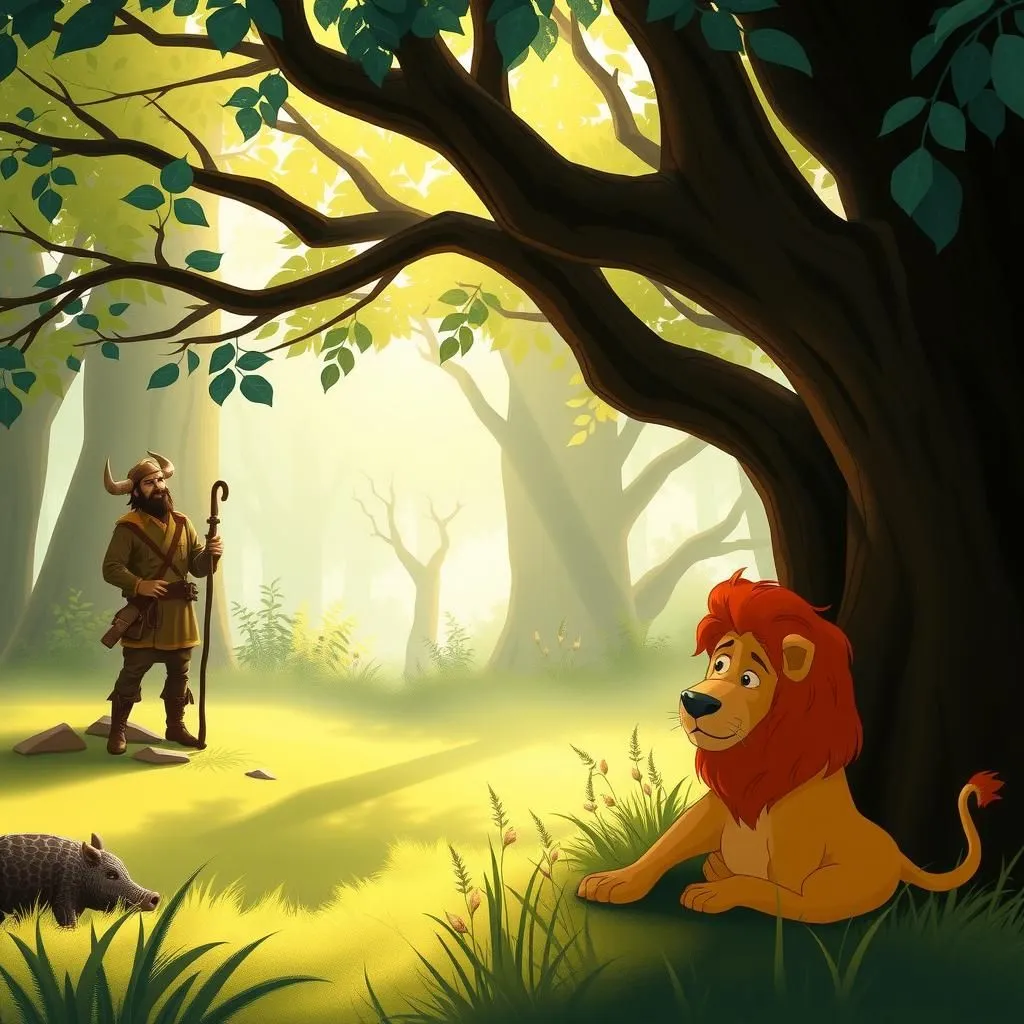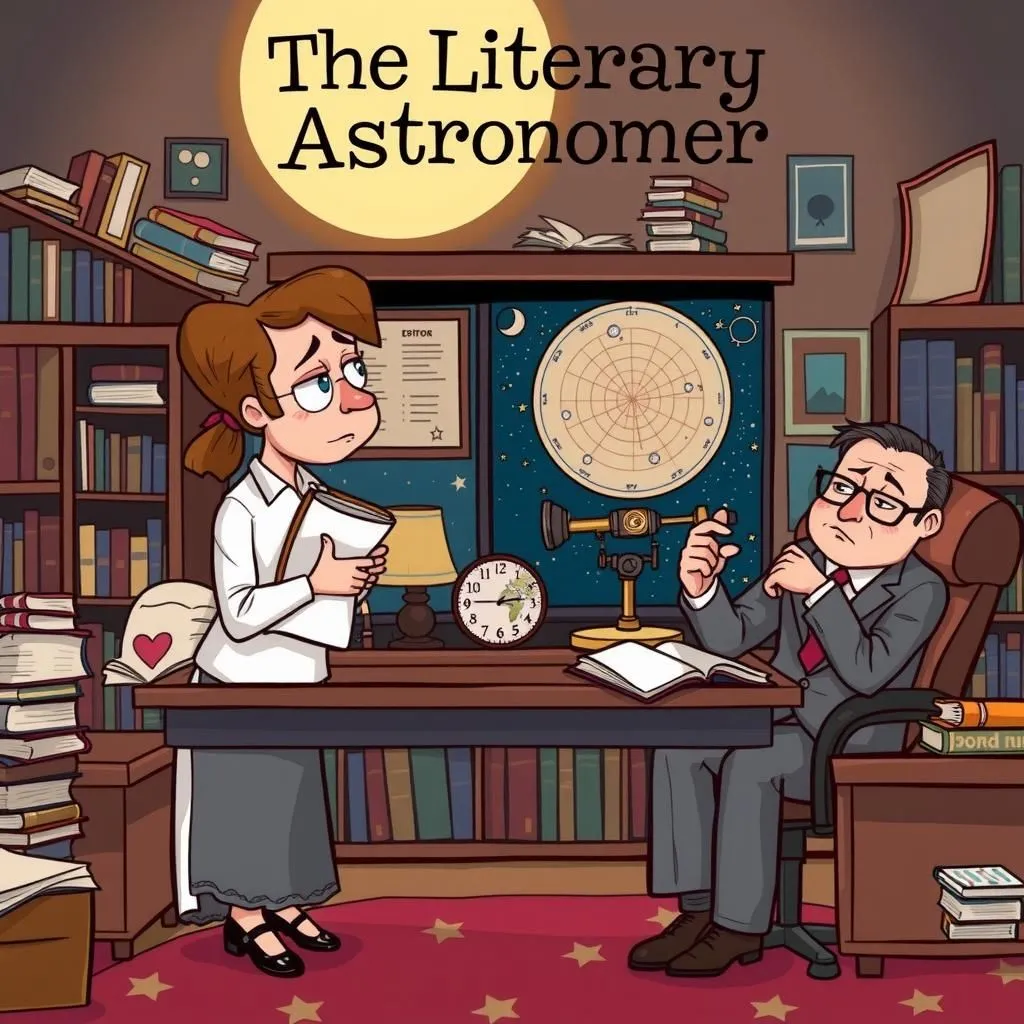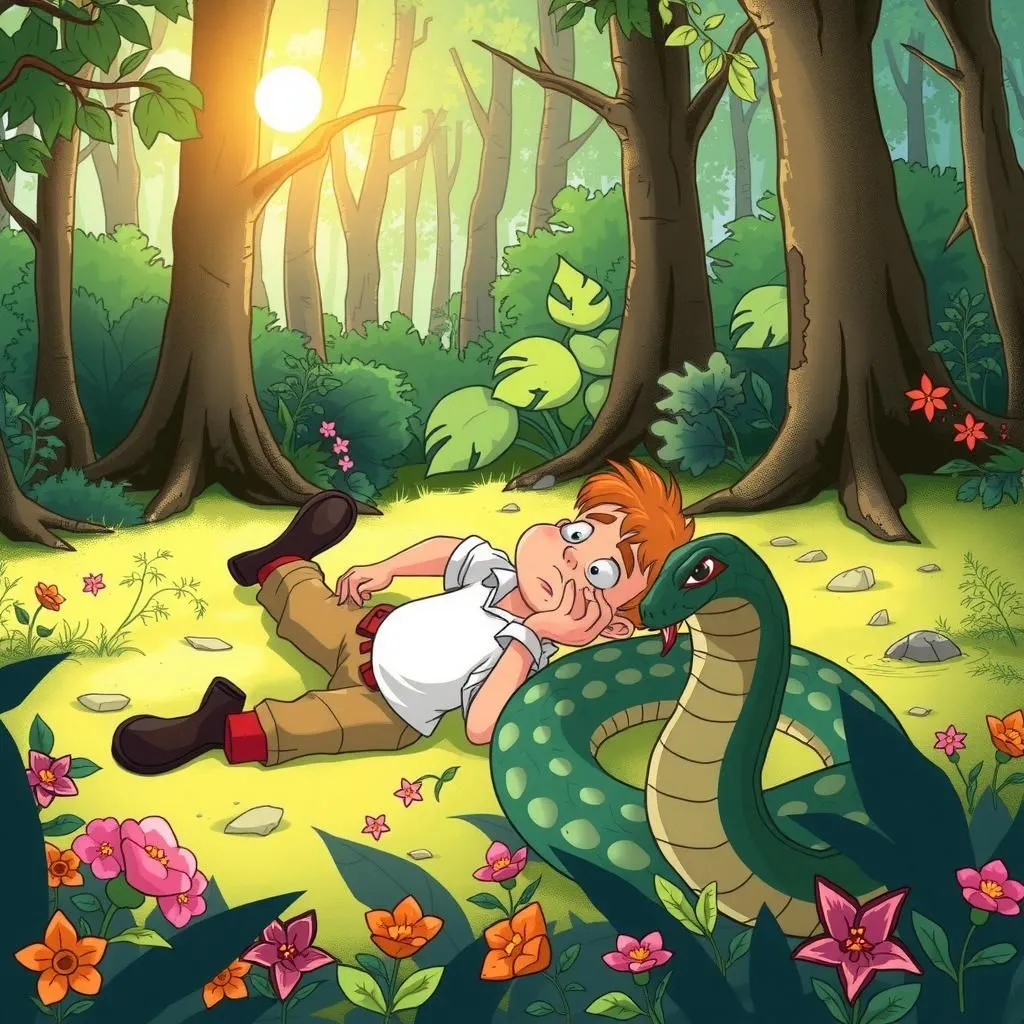
The Bull the Lioness and the Wild Boar Hunter
In this impactful moral story, a bull accidentally kills a lioness's cub, prompting her to mourn deeply. A wild boar hunter, observing her sorrow, points out that many men also grieve for their lost children due to her predatory nature. This short moral tale serves as a reminder of the cycle of loss and the consequences of one's actions, making it a poignant lesson for class 7 students.


